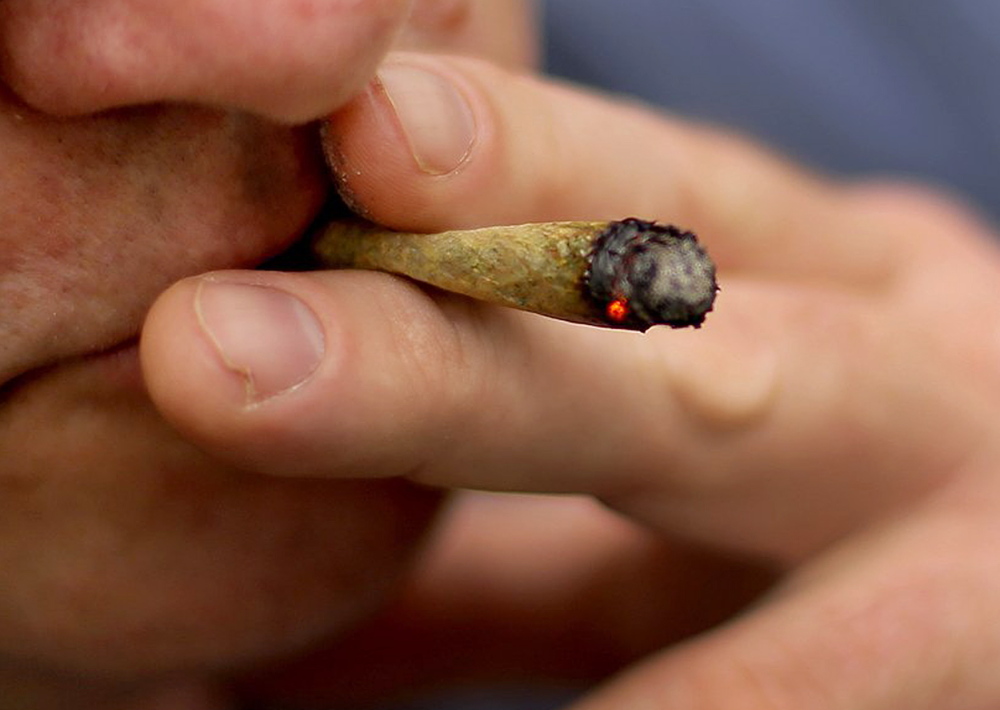Like it or not, marijuana policy is on the state’s agenda, and lawmakers are likely to have just one more chance to deal with it before the voters do it for them.
This summer, pro-pot activists are collecting signatures to put questions on the ballot in South Portland, Lewiston and York making it legal for adults to possess a small amount of marijuana for recreational purposes. These initiatives are modeled on the Portland initiative that passed by an overwhelming majority last year.
This is no coincidence. The Marijuana Policy Project, the same group that put the Portland question up for a vote, is also behind the other initiatives and has a stated goal of putting a statewide question on the ballot in 2016. If the two previous medical-marijuana referendums are any indication, the recreational-marijuana referendum should also be expected to pass, as Mainers and the nation become more libertarian on this issue every year. The resulting law will be based on a one-sided question written by activists and marijuana growers, not on a policy crafted by elected representatives in a rigorous legislative process.
We have always argued that marijuana’s legal status should be dealt with on the federal level first. Marijuana is illegal under federal law, and no state (or municipality) can undo that; it can only create ambiguity and confusion. But that’s what’s happened.
Twenty-three states, including Maine, have already legalized marijuana for medical use, and two states, Colorado and Washington, have legalized recreational use. Eventually, it will be hard to say that we have equal protection under the law when selling pot is a crime in one state and a good way to make a living just a few miles down the road. The federal government will be forced to act – if not by Congress, then by the courts.
Maine is also being compelled to act by the likelihood that there will be a recreational-marijuana question on the ballot in two years and the likelihood that it will pass.
The state can craft a law that maximizes tax revenue and regulates distribution to minors, or it can see what the marijuana growers and legalization activists come up with.
This is a complex issue that would be better addressed through the legislative process than with a yes-or-no referendum question. If lawmakers want to have a role in making this law, they shouldn’t wait too long.
Send questions/comments to the editors.



Success. Please wait for the page to reload. If the page does not reload within 5 seconds, please refresh the page.
Enter your email and password to access comments.
Hi, to comment on stories you must . This profile is in addition to your subscription and website login.
Already have a commenting profile? .
Invalid username/password.
Please check your email to confirm and complete your registration.
Only subscribers are eligible to post comments. Please subscribe or login first for digital access. Here’s why.
Use the form below to reset your password. When you've submitted your account email, we will send an email with a reset code.